Section III. Insurgency - History, Causes and Prevention
5. Examples of Insurgency Movements
[excerpt]
(3)
Elimination of foreign exploitation.
The resistance movement in Indo-China from 1946 to 1954 (Vietnam, Cambodia, and Laos) is an example of the unified desires of major segments of the population to violently resist colonial exploitation. This was anti-colonialism in its truest form. All of Indo-China was characterized by an agrarian economy with low standards of living, high illiteracy, and low health standards. They were easily exploited by the forces of communism. Ho Chi Minh, a devoted Communist, with external support, launched an insurgency which culminated in the withdrawal of France from Indo-China. The insurgency continues in those portions of Indo-China (Republic of Vietnam, Cambodia and Laos) outside the Communist-led Democratic Republic of Vietnam (North Vietnam).
... --- ...
6. Basic Causes and Motivation Factors of Insurgency
The following conditions are characteristic of many transitional societies and lend themselves to the development of insurgent movements:
a. Social
(1) Conflicts in traditional social organizations and customs as a result of contact with other cultures.
(2) The expectation of radically improved living standards within a short period of time.
(3) Pressure of a dense and rapidly expanding population in an agrarian society.
(4) Divisive rifts in the population stemming from class, ethnic, religious, or linguistic differences.
(5) Aspirations of the underprivileged for improvement in their social status and opportunities for individual expression and individual satisfaction.
(6) Widespread illiteracy and an inadequate educational system.
(7) Indolent national character.
(8) The gap between the powerful urban elite and the unorganized and inarticulate majority of the peasants.



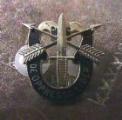







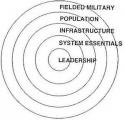
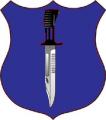

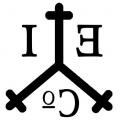
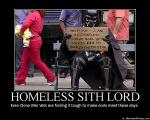


Bookmarks